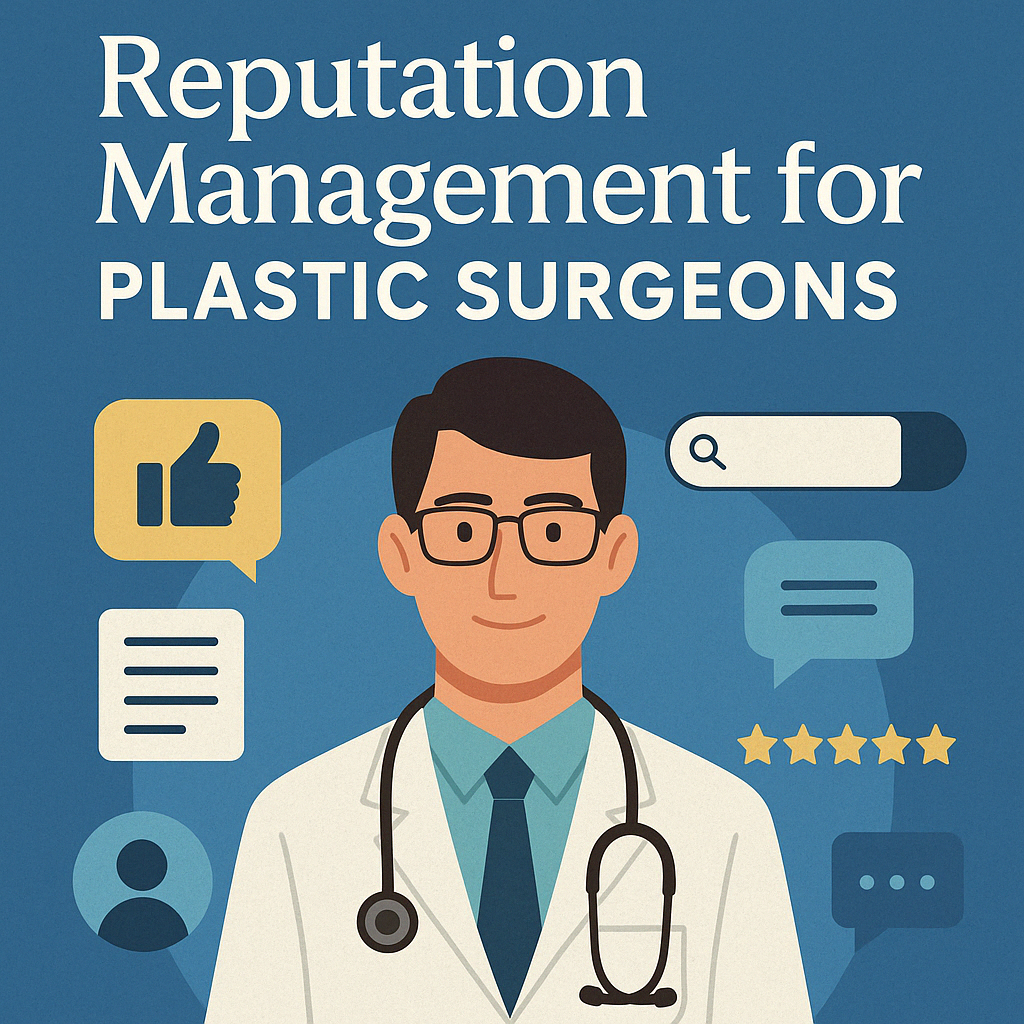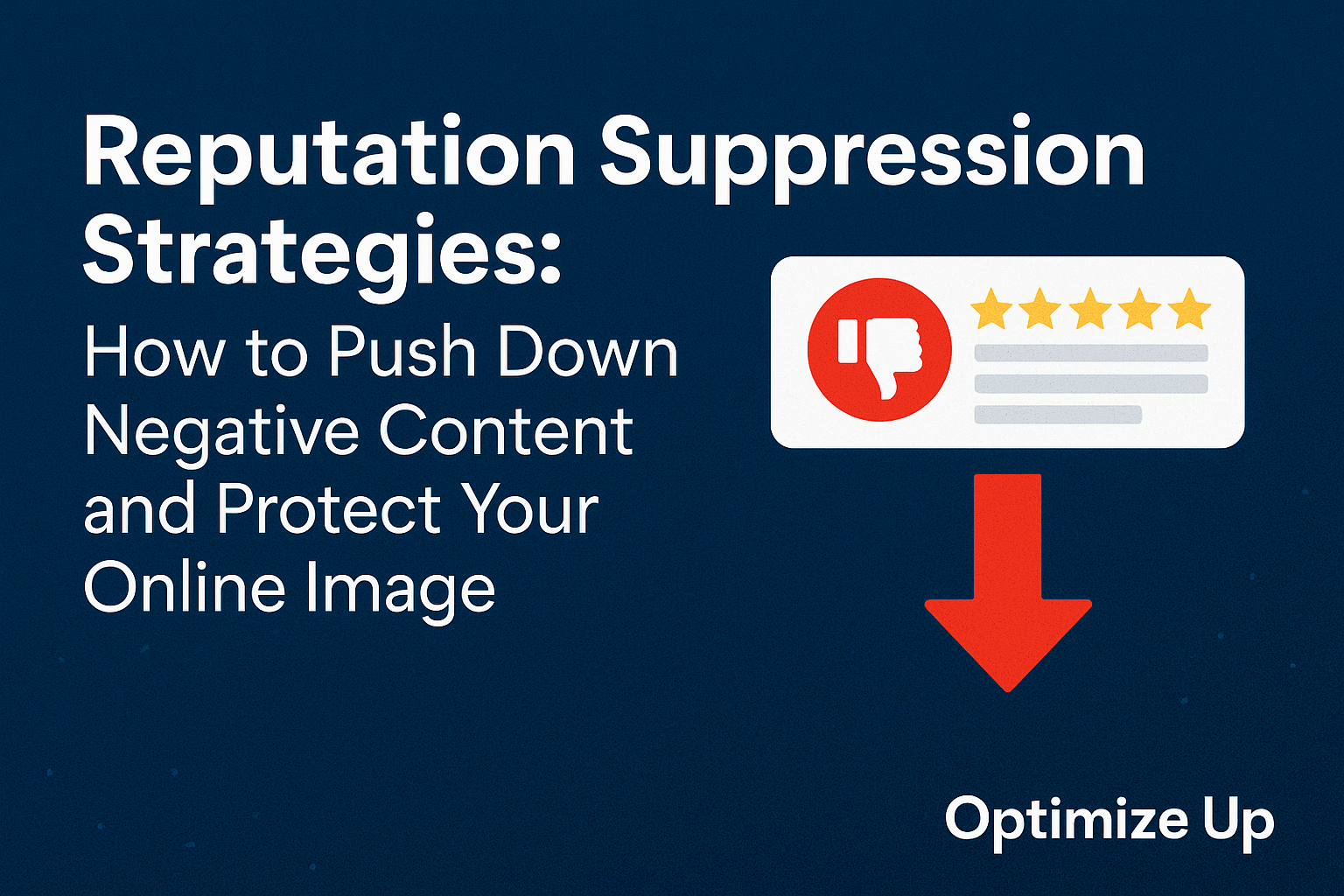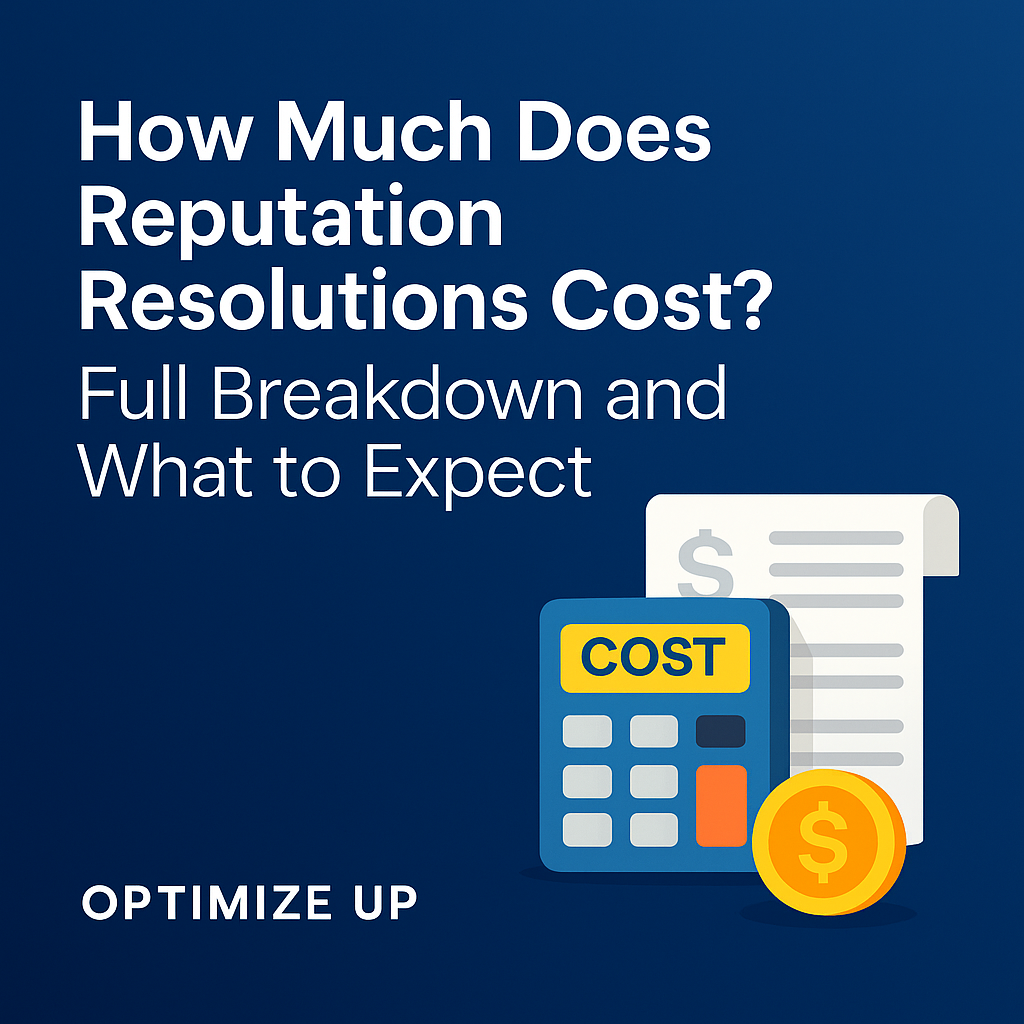Why Reputation Is Everything in Plastic Surgery
Plastic and cosmetic surgery is a high-touch, high-trust profession. Patients aren’t just choosing a procedure—they’re placing their appearance, health, and confidence in your hands. As such, your plastic surgeon online reputation often acts as your first consultation.
Today, more than 90% of patients check online reviews before choosing a doctor (Healthgrades). A single negative review or outdated mugshot-style bio can have outsized effects on conversion, referrals, and search ranking.
What patients see when they Google your name or clinic is more influential than your credentials. That’s why proactive online reputation management for cosmetic surgeons has shifted from optional to essential.
Common Reputation Risks for Cosmetic Surgeons
Surgeons face a unique mix of risks that can erode public trust. These include:
- Dissatisfied patient reviews (sometimes exaggerated or misleading)
- Unwanted images or procedural complications shared without context
- Licensing or legal records that surface in search results
- Negative press from one-off incidents or litigation
- Fake reviews posted by competitors or bots
Unlike general practitioners, plastic surgeons are in a visual results-based field. Negative perception can amplify quickly due to before-and-after photos, high patient expectations, and viral social platforms.
How Reputation Impacts Practice Growth
Reputation affects every touchpoint of your practice:
- Search engine visibility: Google favors businesses with high ratings and active profiles
- Referral rate: Happy clients share reviews; skeptical clients do not
- Conversion: Patients may exit your site mid-form if they spot a 2-star review
- Local SEO ranking: More 5-star reviews boost your map pack performance
- Patient loyalty: Trust builds loyalty—silence leads to suspicion
Even a single poor review—especially one that is not responded to—can cause hesitation that deters multiple patients.
What Patients See First When They Search
When a potential client searches your name or clinic, the first page of results may include:
- Google Business Profile
- Healthgrades, RealSelf, Vitals, or Zocdoc profiles
- Yelp and Facebook ratings
- Your own website or clinic microsite
- Any media mentions or legal filings
- Social media pages
This first impression determines whether a patient books a consult or leaves your site.
“One bad photo and a Reddit post almost cost me six months of client work. I didn’t realize my search presence had spiraled.” – Anonymous cosmetic surgeon
Proven Strategies to Improve Online Reputation for Plastic Surgeons
1. Monitor Your Name and Practice Constantly
Use these tools:
- Google Alerts (set up for your name, clinic name, procedure types)
- BrandYourself or Mention.com for deeper tracking
- Healthgrades and RealSelf notifications
Track mentions of your name, keywords related to complaints (e.g., “botched” or “lawsuit”), and negative sentiment shifts.
2. Claim and Optimize Review Site Profiles
Patients trust verified platforms like:
Ensure:
- Your headshot is professional and recent
- Bio includes certifications, specialties, years of experience
- Practice address, phone, and website are accurate
- Office hours are up to date
3. Respond to Reviews with Professionalism
Never ignore negative reviews. Instead, follow a HIPAA-compliant structure:
Thank you for your feedback. We always aim to provide the best care and welcome the opportunity to speak privately. Please contact our office so we can better understand and resolve your concerns.Avoid defensiveness. Keep it short, polite, and respectful.
4. Encourage More Positive Reviews
Build a review system into your patient journey:
- Ask happy clients post-op for feedback
- Include a link in your follow-up emails
- Use QR codes in your waiting room
- Train front desk staff to remind satisfied patients
The more authentic positive reviews you have, the less weight a negative one will carry.
Advanced Tactics for Reputation Repair
Sometimes proactive steps aren’t enough. If damaging content already exists, you’ll need to go deeper.
Suppress Negative Content
Use SEO content stacking:
- Publish articles and guest posts on high-authority health and wellness sites
- Use Google’s structured data (schema markup) on your own site
- Add new pages with variations of your name + location + specialty (e.g., “Dr. Smith Beverly Hills Rhinoplasty”)
Remove Defamatory Content
If the content is false, misleading, or violates platform terms, it may be removed.
Common legal and platform-based takedown avenues:
- Defamation claims
- DMCA takedown notices (for unauthorized use of images)
- Terms of service violations
Work with experts who can evaluate legal angles and draft removal requests effectively.
Strengthen Your Search Results
Push down unwanted content by building a positive footprint:
- Video testimonials on YouTube
- Patient FAQs on your blog
- Google Web Stories about new procedures
- Press features about your volunteer or charitable work
Why Cosmetic Surgeons Need Tailored ORM
Unlike other professions, plastic surgeons operate in an aesthetics-driven industry where personal branding, visual storytelling, and credibility converge.
Unique ORM needs include:
- Reputation protection from social photo virality
- Discretion in handling patient disputes
- Management of procedure-specific forums and comment threads
- Avoidance of HIPAA violations during review responses
This is why Defamation Defenders provides custom ORM plans specifically for healthcare professionals, with tools and tactics aligned with patient safety and ethical standards.
The Defamation Defenders Solution for Surgeons
We understand how reputation affects surgical consultations, procedure bookings, and referral flow. Our services include:
- Search result repair and monitoring
- Content suppression using ethical white-hat strategies
- Review management dashboards
- Legal takedown support
- Personal brand-building for private practices
Whether you’re facing a smear campaign, a flurry of negative Yelp reviews, or outdated content surfacing first, we create a tailored plan based on your needs and goals.
Book a confidential consultation with Defamation Defenders to start rebuilding control and trust.
Frequently Asked Questions (FAQ)
Flag the review for terms of service violations, then respond politely and report it to the platform. If false or defamatory, contact ORM professionals for removal help.
Ask patients after service, via email or QR code, without referencing procedures or identities. Never respond with personal health details.
These platforms aggregate data from public directories. While total removal may not be possible, optimization and review balancing are effective.
Most improvements are seen in 1–3 months. Major content suppression can take 6–12 months depending on domain authority.
Content with high-authority backlinks and relevance: press releases, educational videos, procedure blogs, interviews, and patient resources.
Contact the host platform immediately. File privacy and misuse claims. Then publish visual success stories to reshape the narrative.
Works Cited
Healthgrades. “Why Patient Reviews Matter.” https://www.healthgrades.com/
RealSelf. “Best Practices for Managing Your Online Profile.” https://www.realself.com/business
American Medical Association. “Ethical and Legal Issues in Online Reviews.” https://www.ama-assn.org/delivering-care/ethics
Forbes. “Managing Reputation in High-Trust Professions.” https://www.forbes.com/sites/forbesagencycouncil/2020/11/17/managing-your-online-reputation/





